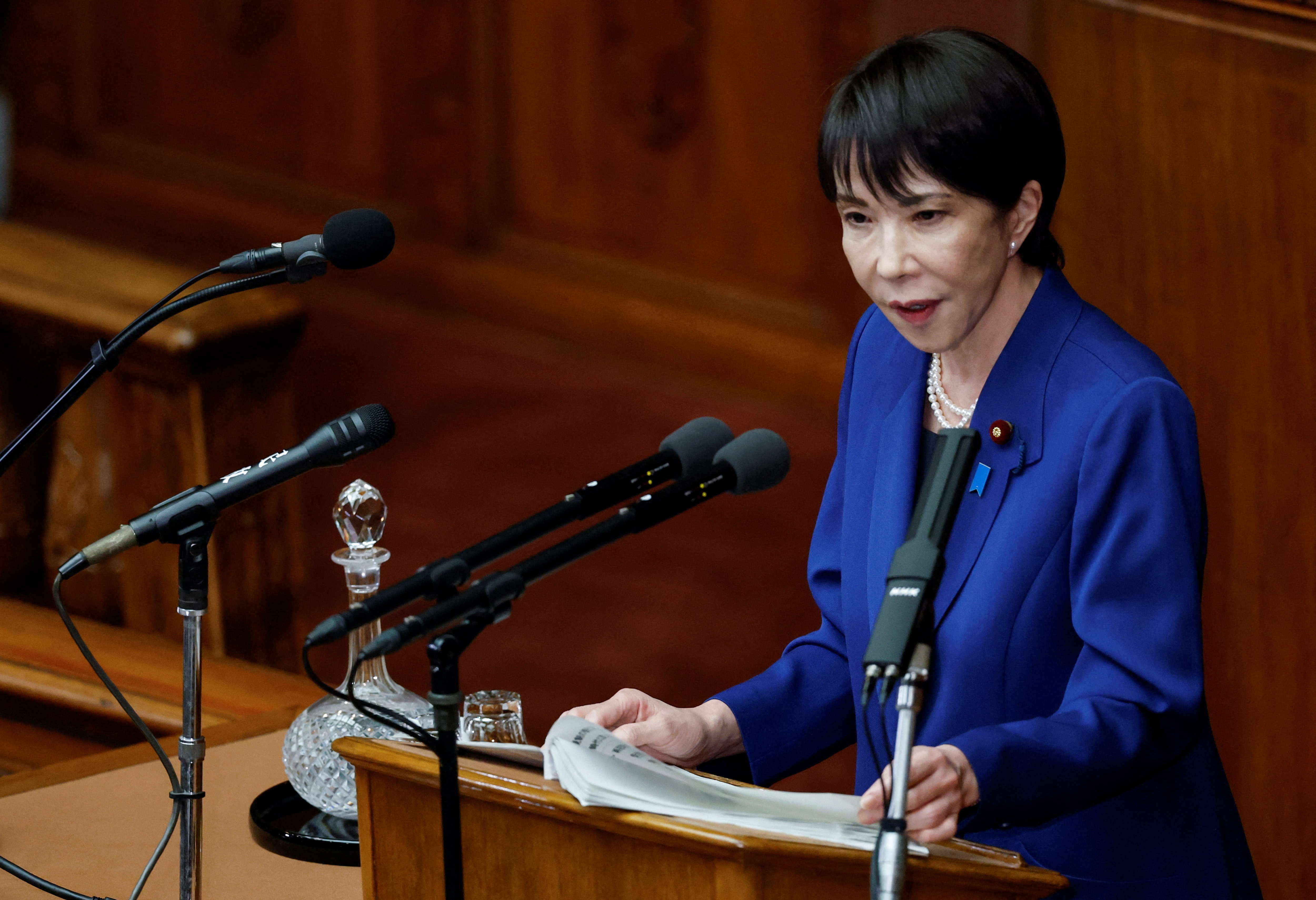The Japanese Prime Minister has recently shed light on the nation's budgetary deficit, showing intentions to move towards fiscal balance within a few years. This comes amidst economic challenges made more complex by the recent global health crisis. The course of action will include both stimulating revenue growth and managing government spending in an effective manner. The government's fiscal vision is set to reshape Japan's economic landscape in the coming years.
Issues concerning economic policy, especially fiscal balance, consistently draw attention in Japan due to their direct impact on everyday life. Japanese citizens follow these developments closely as they could affect social welfare, taxes, business environment and overall economic stability. As an aging society, the burden of social security expenses is substantial, making fiscal discipline an essential topic in Japan.
While both the US and EU have also grappled with budget deficits, their approaches vary based on their unique economic contexts. In the US, substantial spending cuts or tax increases are common solutions, while the EU often favors fiscal austerity measures. Japan's holistic approach toward fiscal balance, stimulating growth and managing spending, reflects a more balanced method that considers both the social and economic implications.

